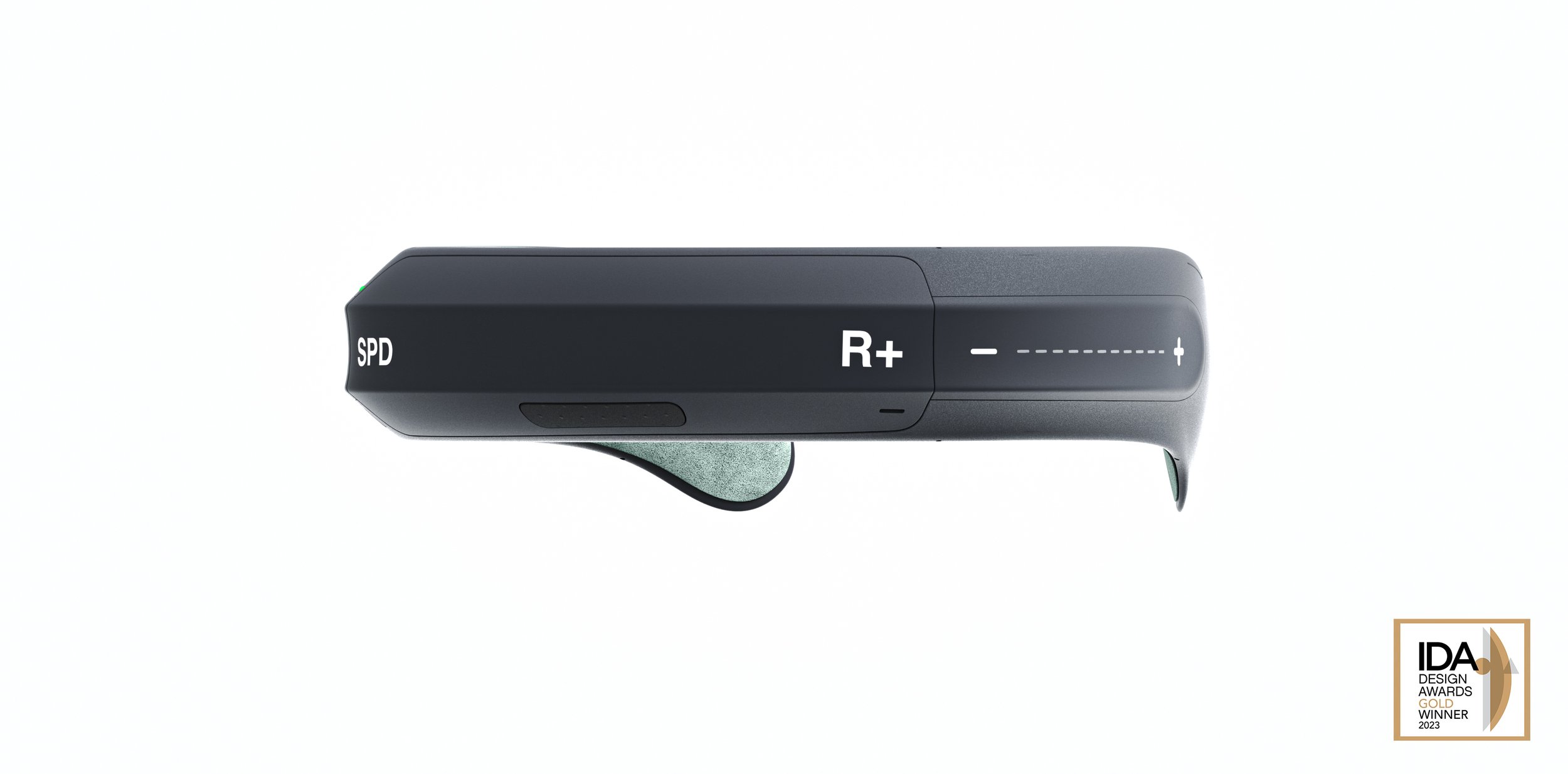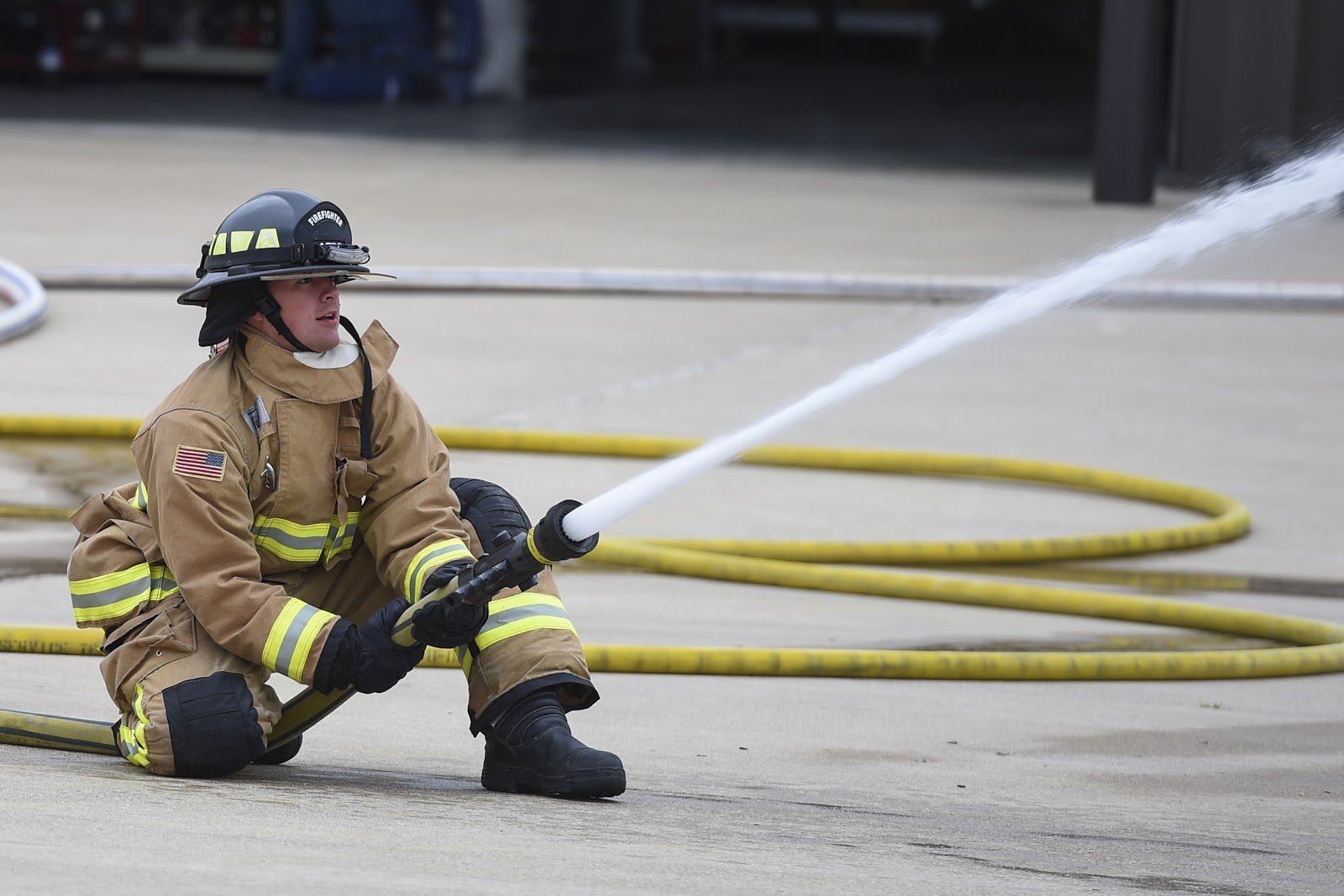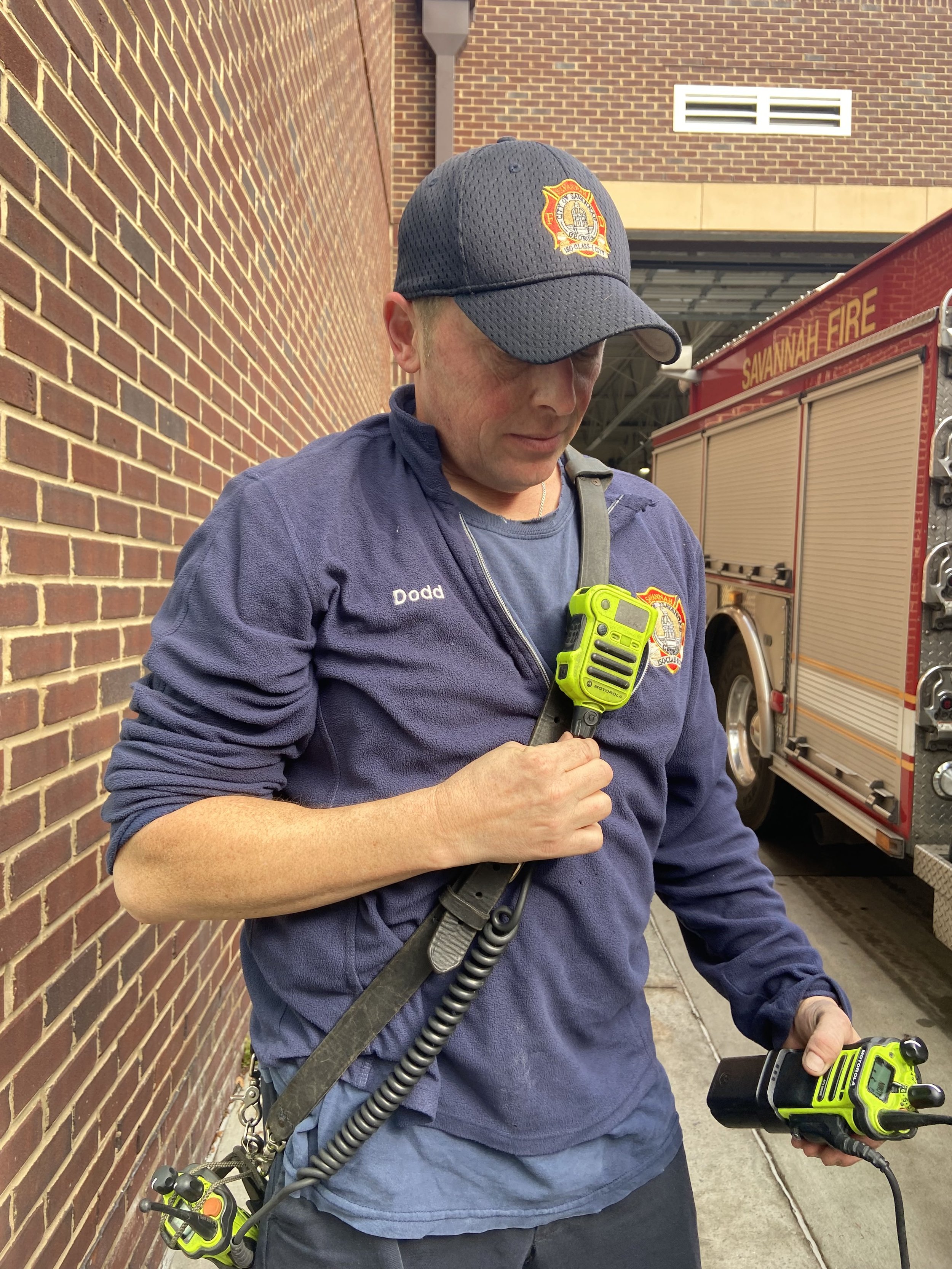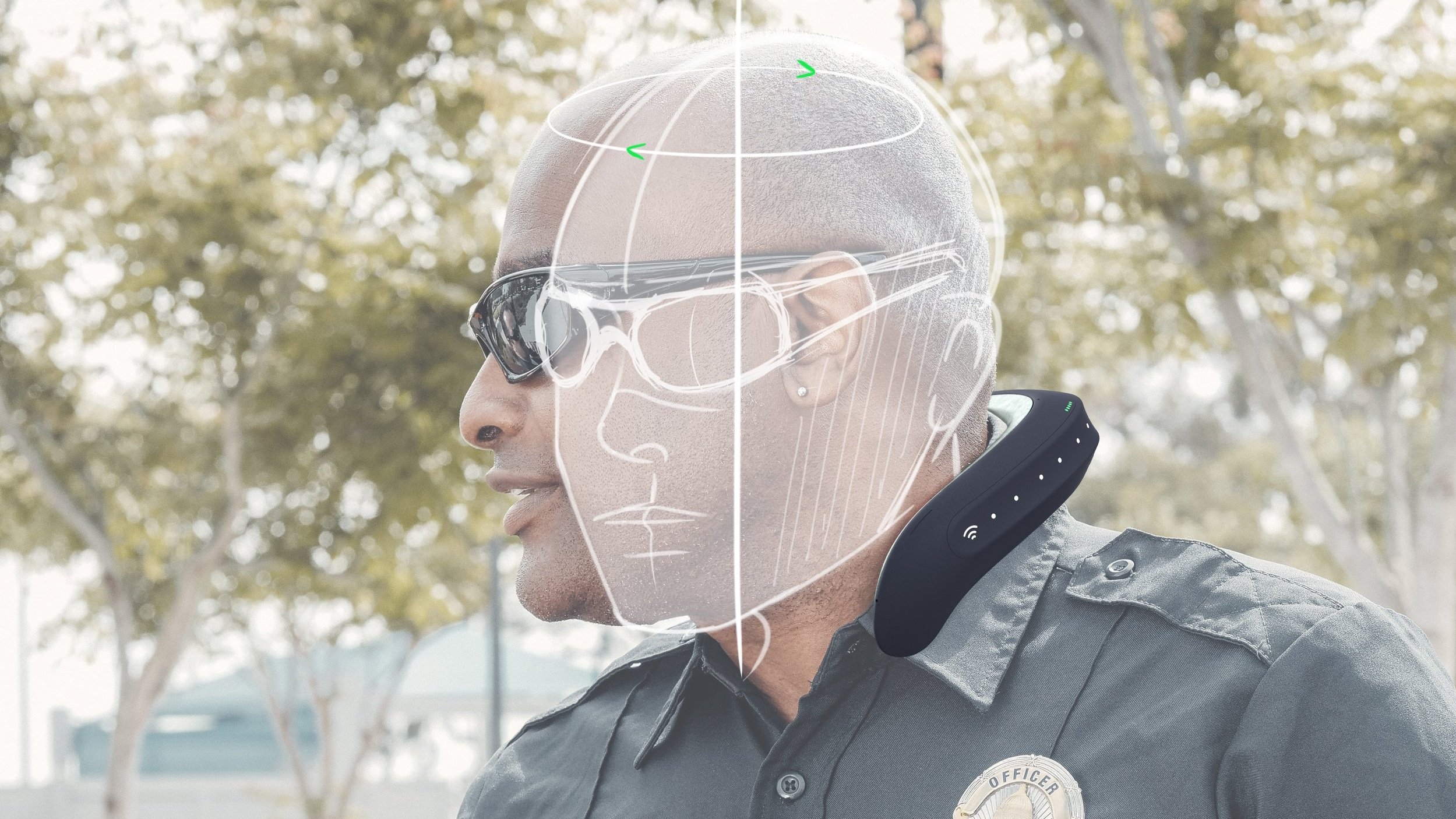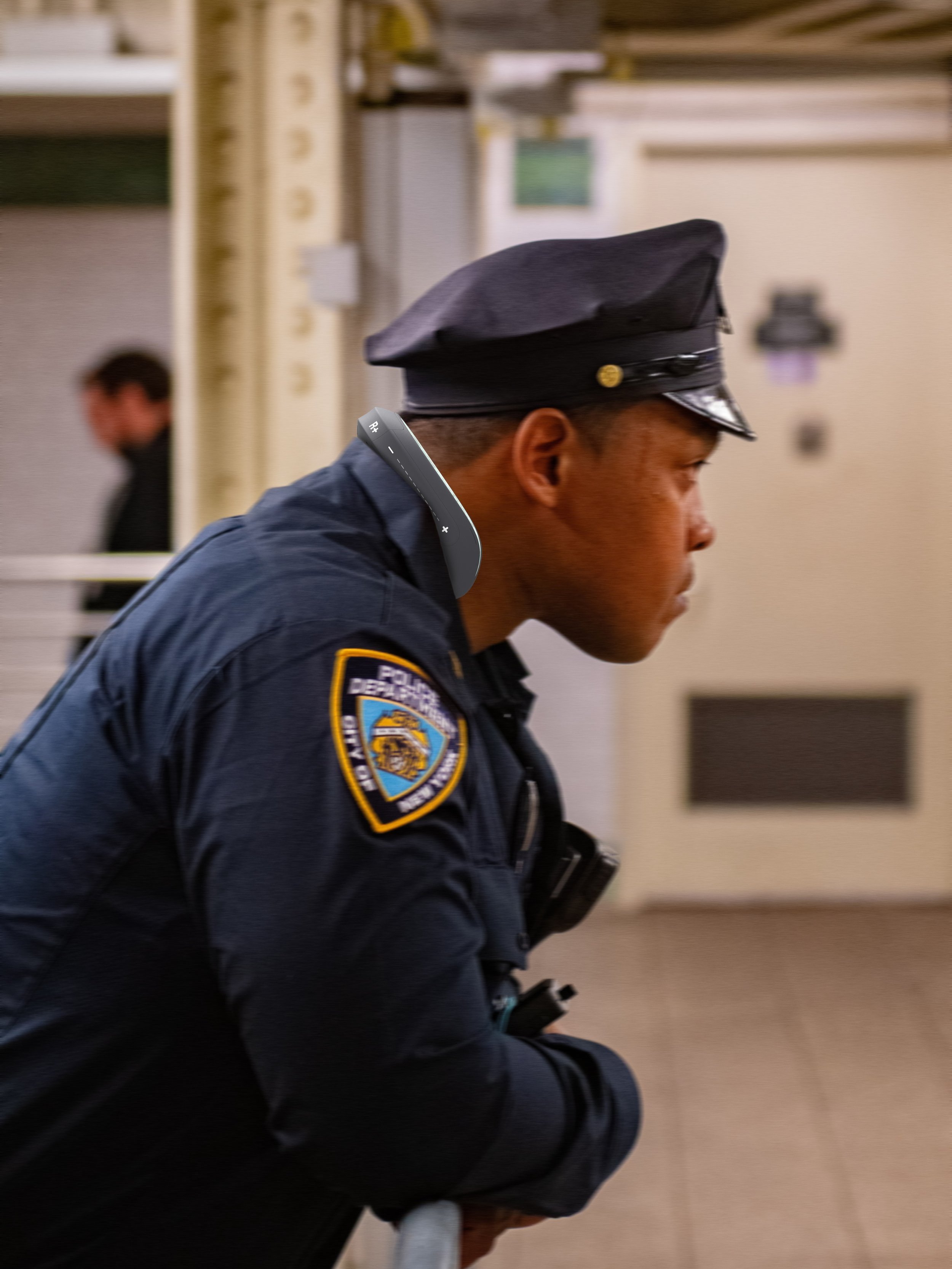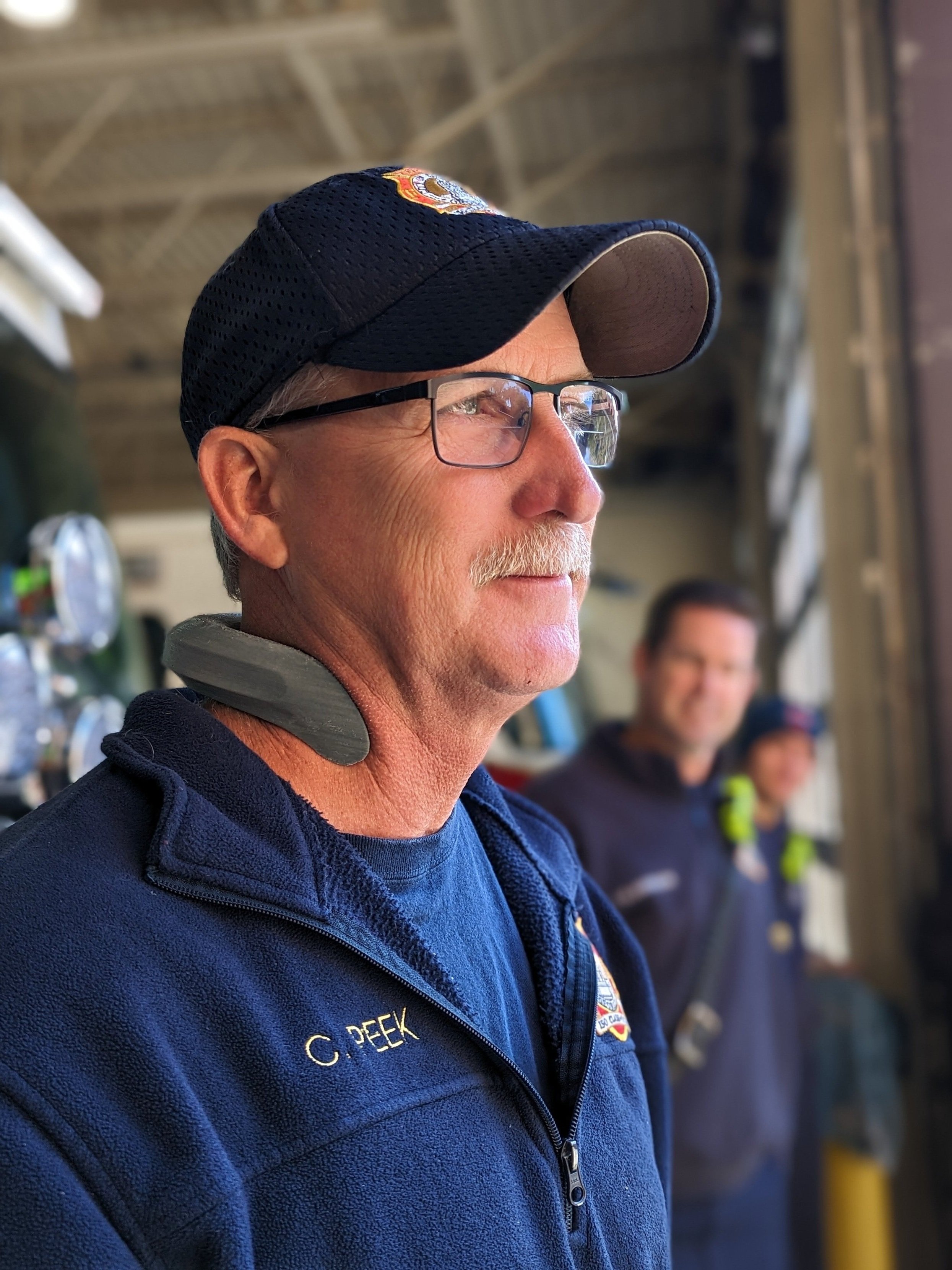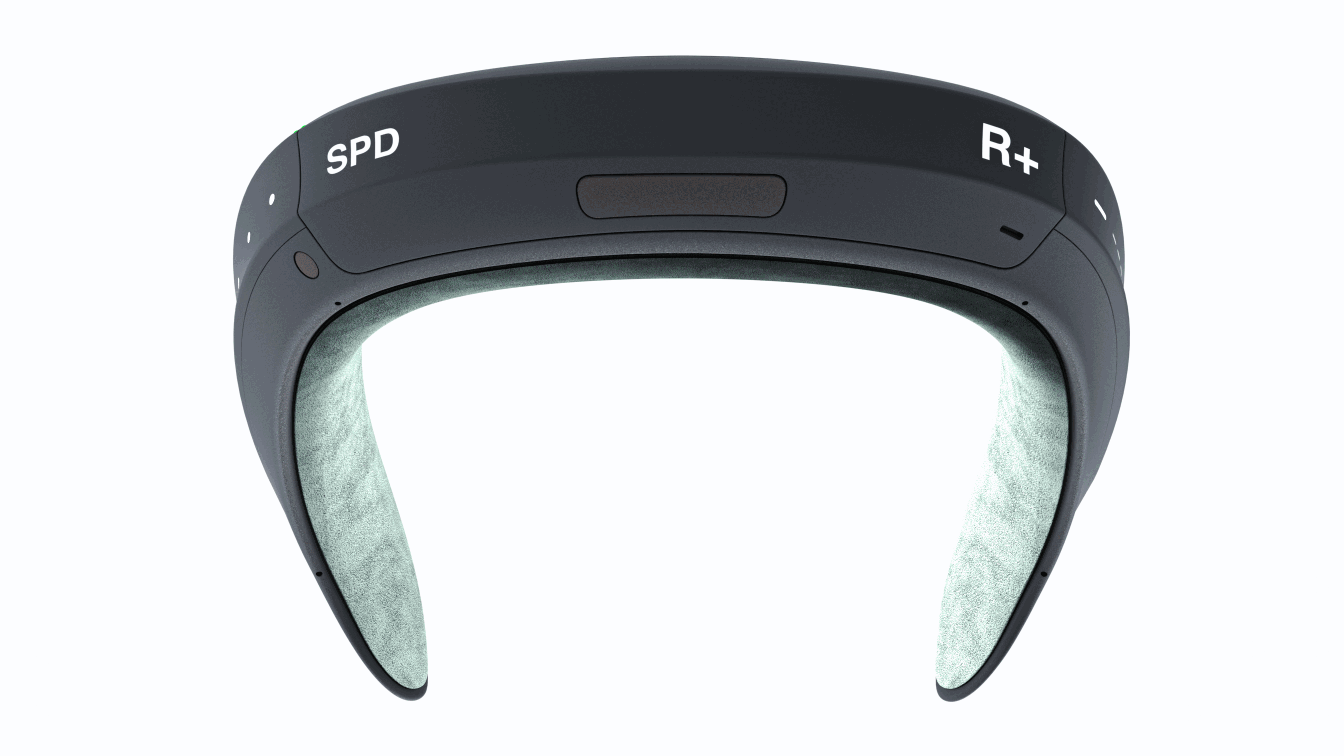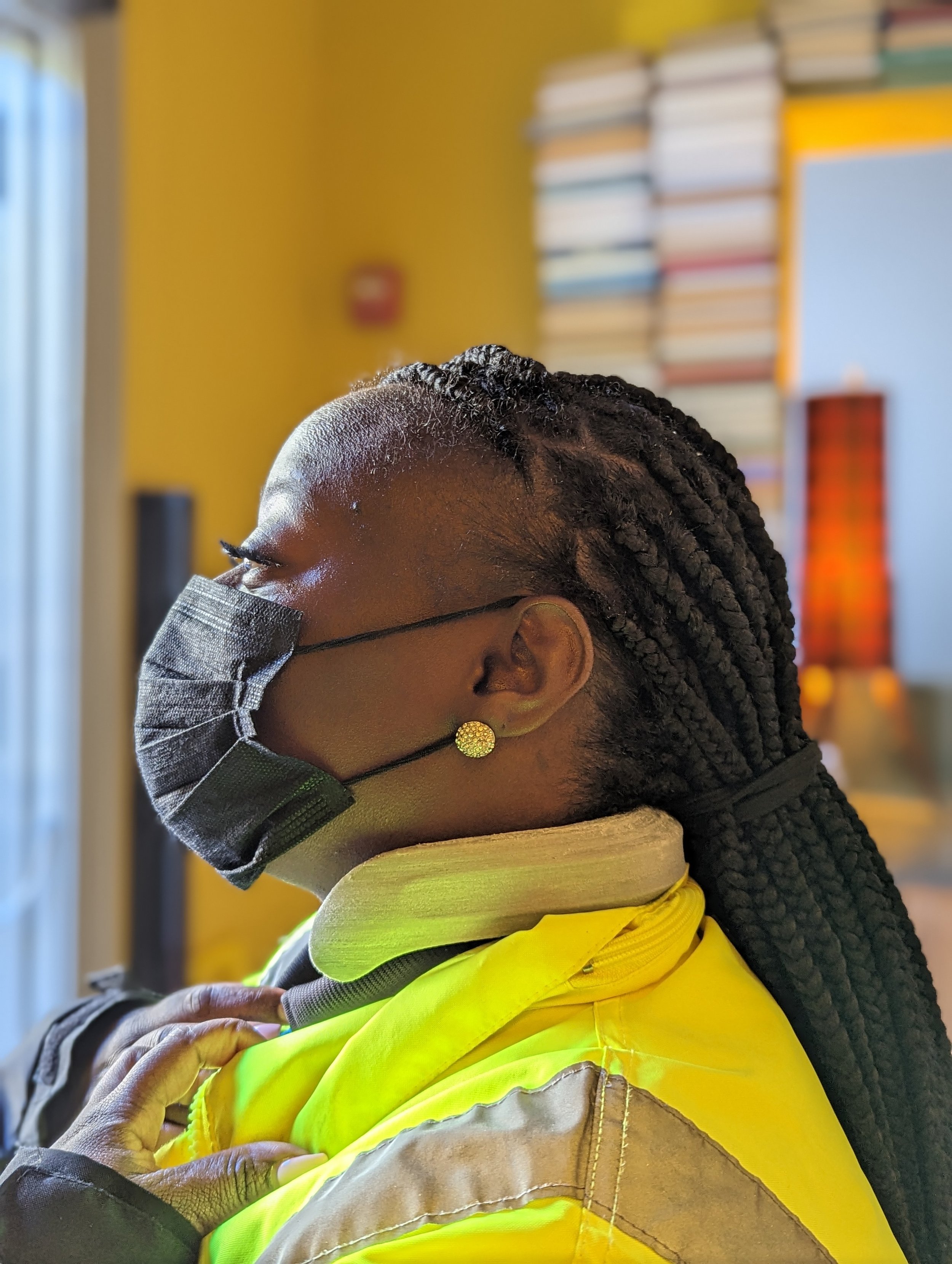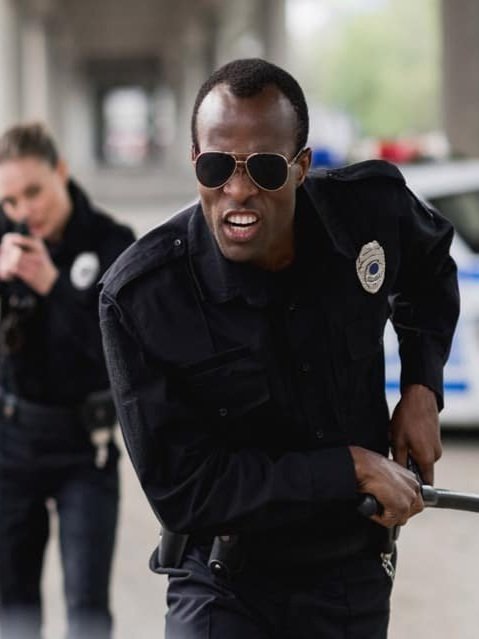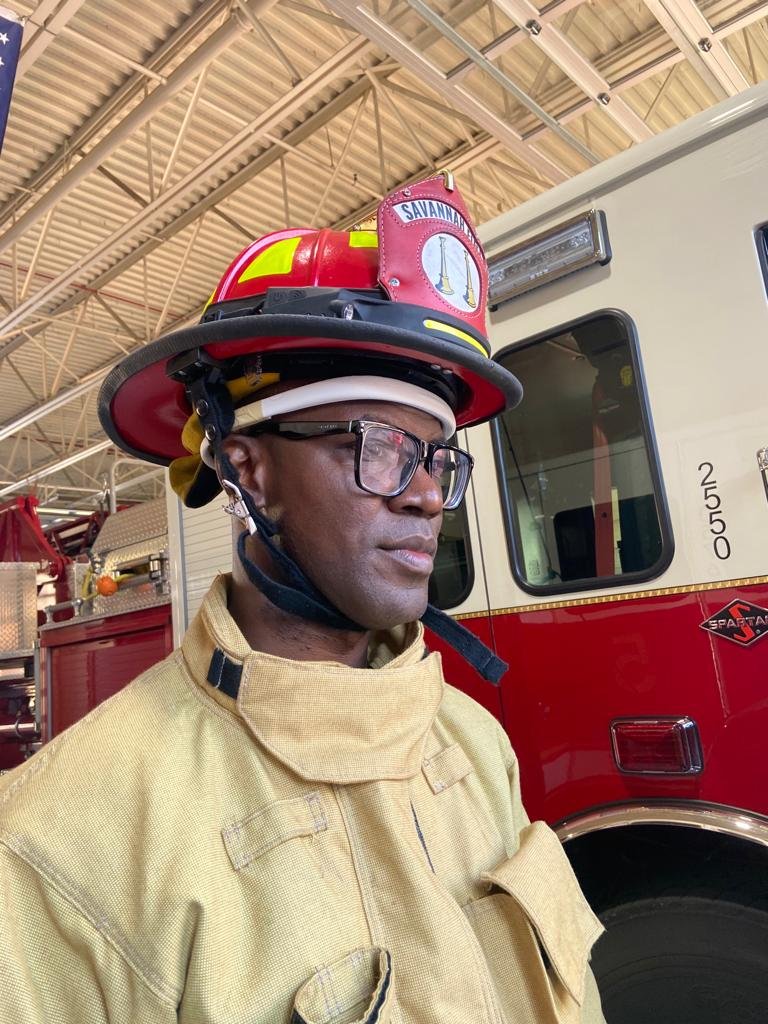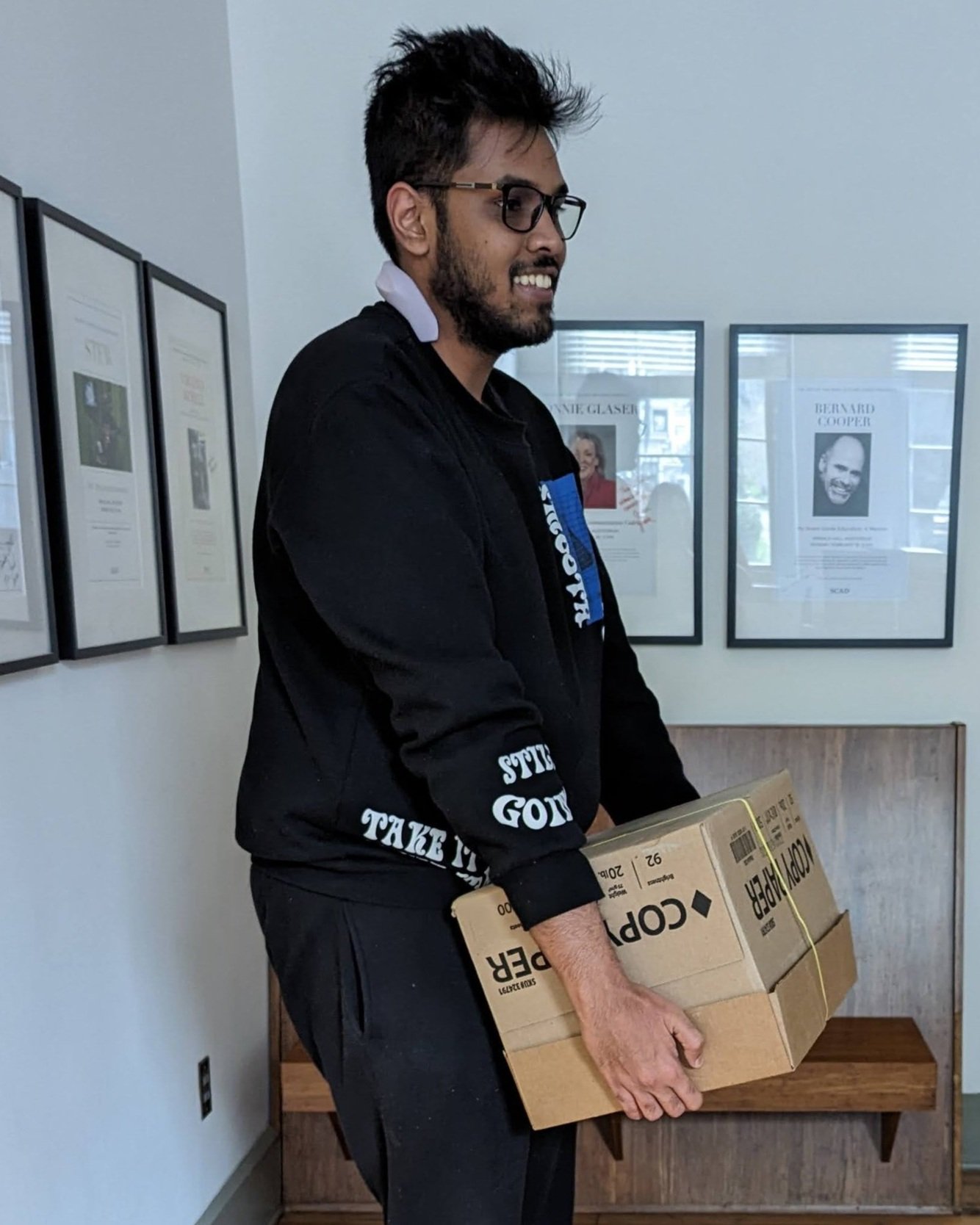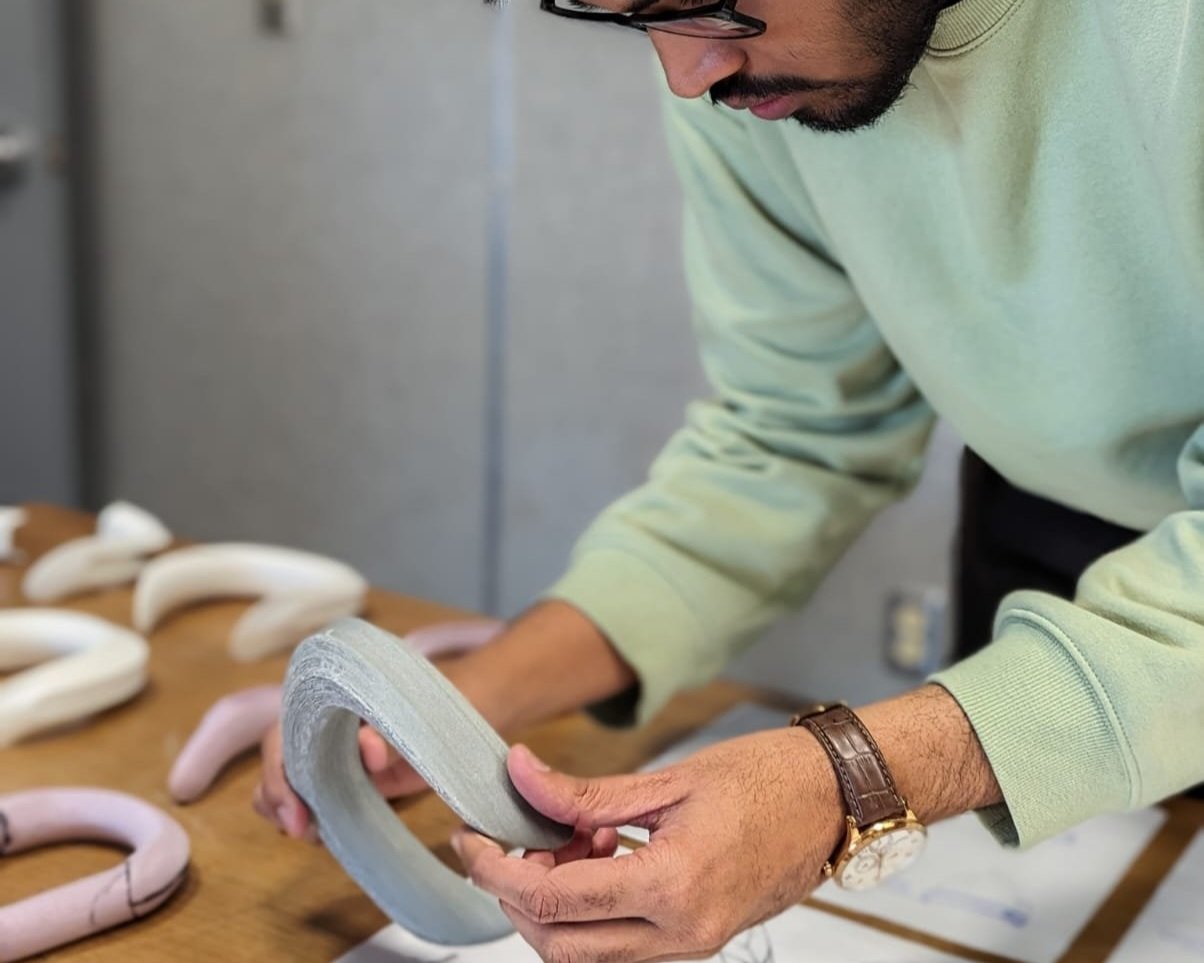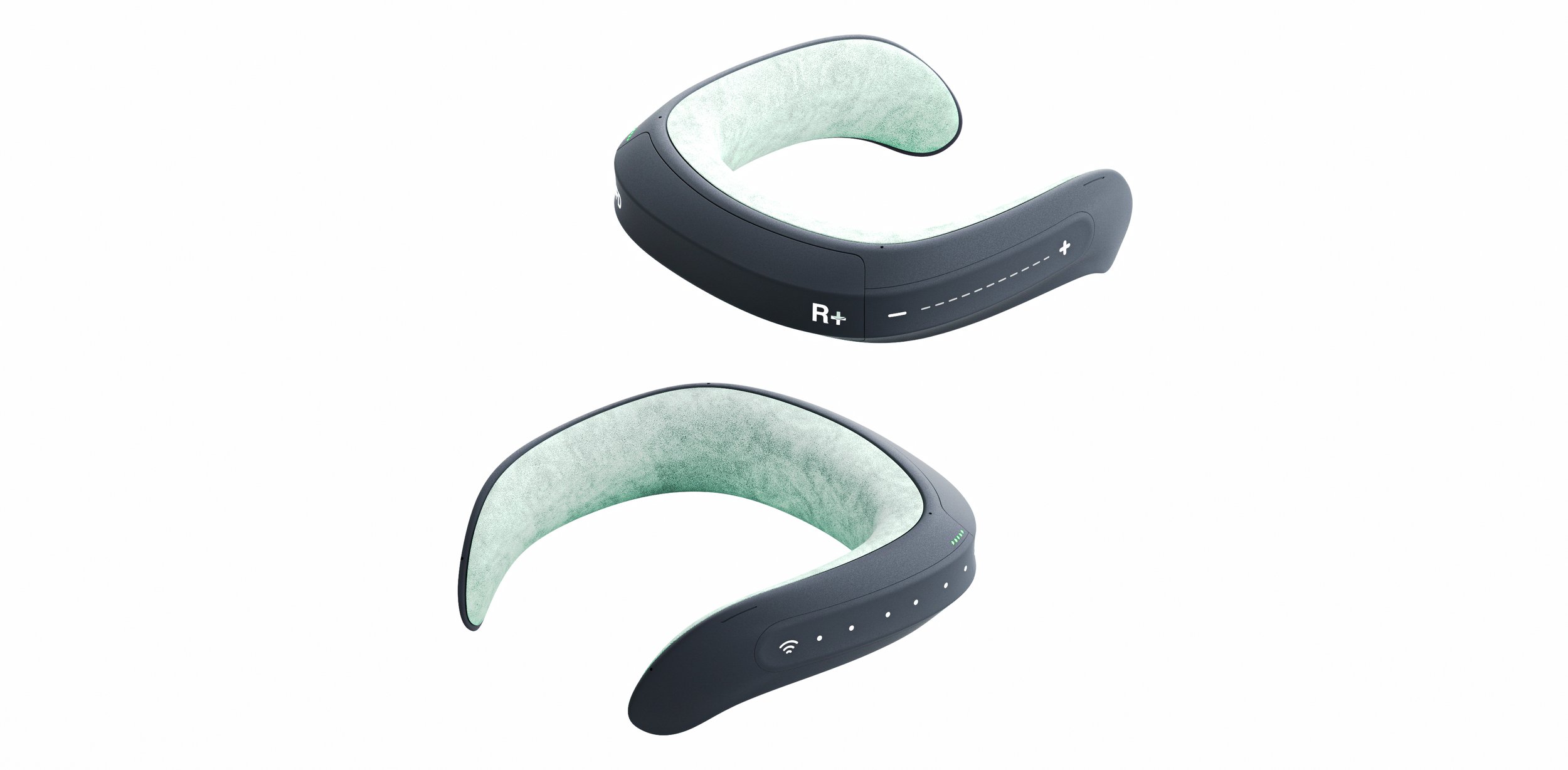R+
Reimagining first responder's communication
R+ is a radical new approach to the communication devices used by first responders during their shifts; it reduces the time, error, and weight added by these devices and makes the most fundamental aspect of their duty - communication - always accessible, easy, and understandable.
The objective of R+ is to reduce the physical weight of existing radios and eliminate the need for extra steps, and limbs when operating and communicating with dispatch.
R+ is a reliable new take on first responder communication
First Responders Make Split Second Decisions
Even small mistakes, inconvenient procedures, or extra steps can cost lives within fractions of a second. With multiple heavy and complicated devices on their bodies, they find it difficult, inconvenient, and time-consuming to juggle equipment in the heat of the moment.
Physically demanding tasks
Limbs get used up
Positioning Matters
Instead of having to clip, or be stuffed inside pockets, where the Radio becomes the first to detach from the person of the officer,
R+ softly hugs the officer's neck and can always transmit any command with its flexible body.
During Emergencies, it is impractical for officers to lose one of their limbs to communicate (operate the radio) when they could be tending to the situation at hand.
The body is wrapped
Need to bow to speak
One limb occupied
Handsfree operation
Personalized head and shoulder gestures lend R+ to start broadcasting messages to others without the use of hands, helping officers focus better and be more aware of their surroundings.
A simple head tilt, or shoulder shrug will activate R+
Long Time Comfort
Flexible construction
A Flexible construction lends the R+ the ability to securely stay on officers’ necks during physically intensive activities while being comfortable and adjustable to different neck sizes.
All of the electronic components of R+ are packed toward the back of the body, enabling the body to be flexible where needed.
Designed for Duty
R+ is designed for being always present for the officers, while still not coming between them and the task. The compact nature allows it to be worn under uniforms and with other equipment and also doesn't mess with the hair of officers.
Easily fits along with and under existing uniforms / equipment’s
Quick and easy battery replacement for long shifts. With just a click of a button, and a tug, the battery detaches, allowing officers to replace the radio's batteries within seconds, and go on with their shifts.
Avoiding Clutter
R+ prioritizes the controls most needed by the officers on the field like channel and sound control, and provides tactile physical buttons, instead of different knobs, screens, and buttons.
A single tap to change volume and channels
Inside surgery rooms
On Construction sites
Different Variations
R+ is equipped with different features depending on which branch of the first responders they are catering to, followed by other colorways and materials.
First responder's work involves quick decisions, reactions, and a lot of physical effort
Radios become the best friend for first responders, where staying connected ensures everyone's safety - But using the radio can become cumbersome.
Choppy signal
Audio Reliant
Bad Audio
The Tank
Bulky radio units, fall off during duty - not designed while keeping the officers in mind
Separated Pieces
Discomfort due to the radio being spread into different pieces across the body
Repeated motion
The same motion is repeated over and over to listen and revert to incoming messages
The Bow
Having to bow down to reach close to the mic in-order to send a clear message
Different ideations for understanding the new radio positioning
Neck Band Radio
Shoulder Parrot
Head Band Radio
Individual Ear Piece
Initial Prototyping and testing


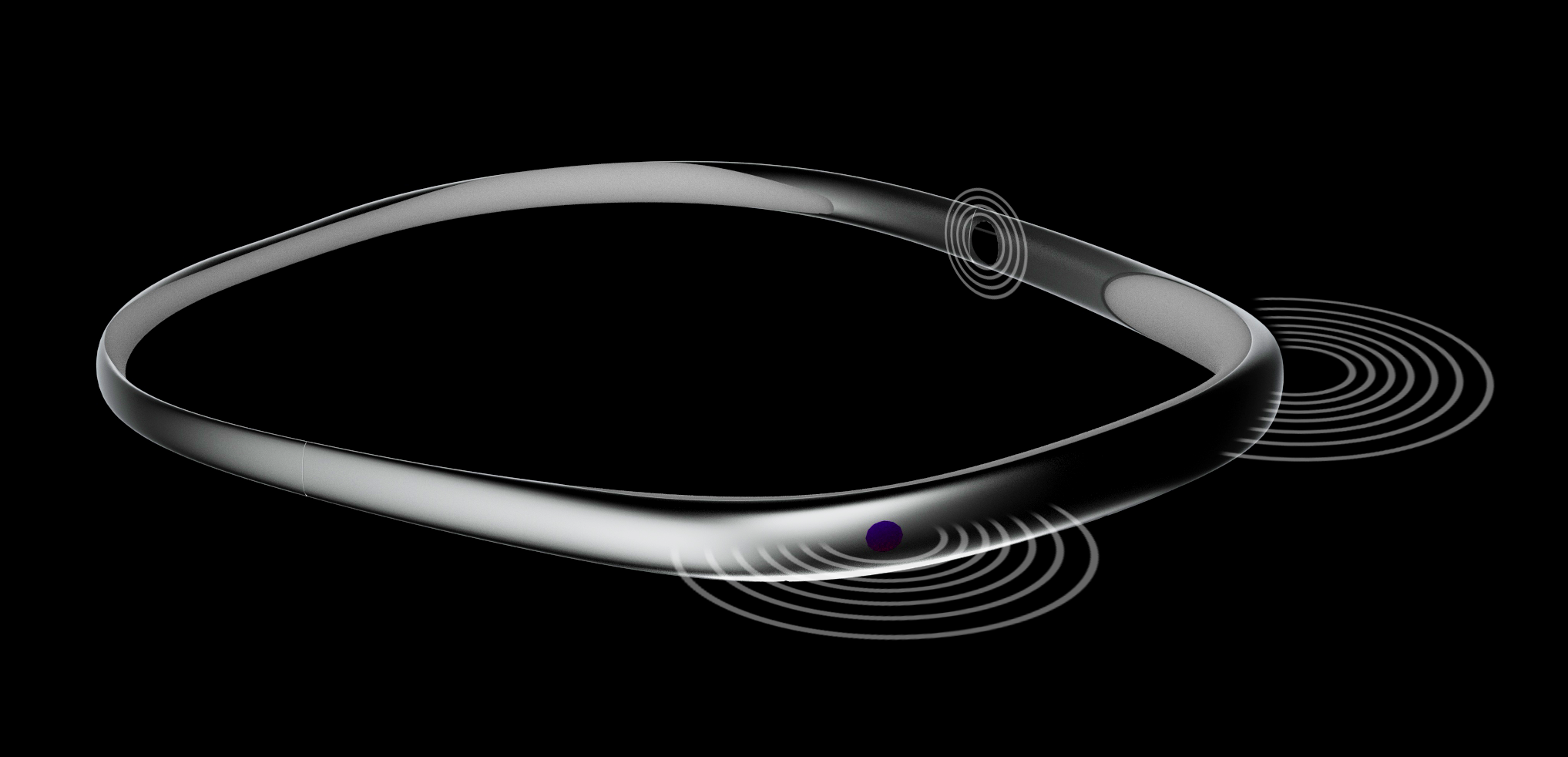
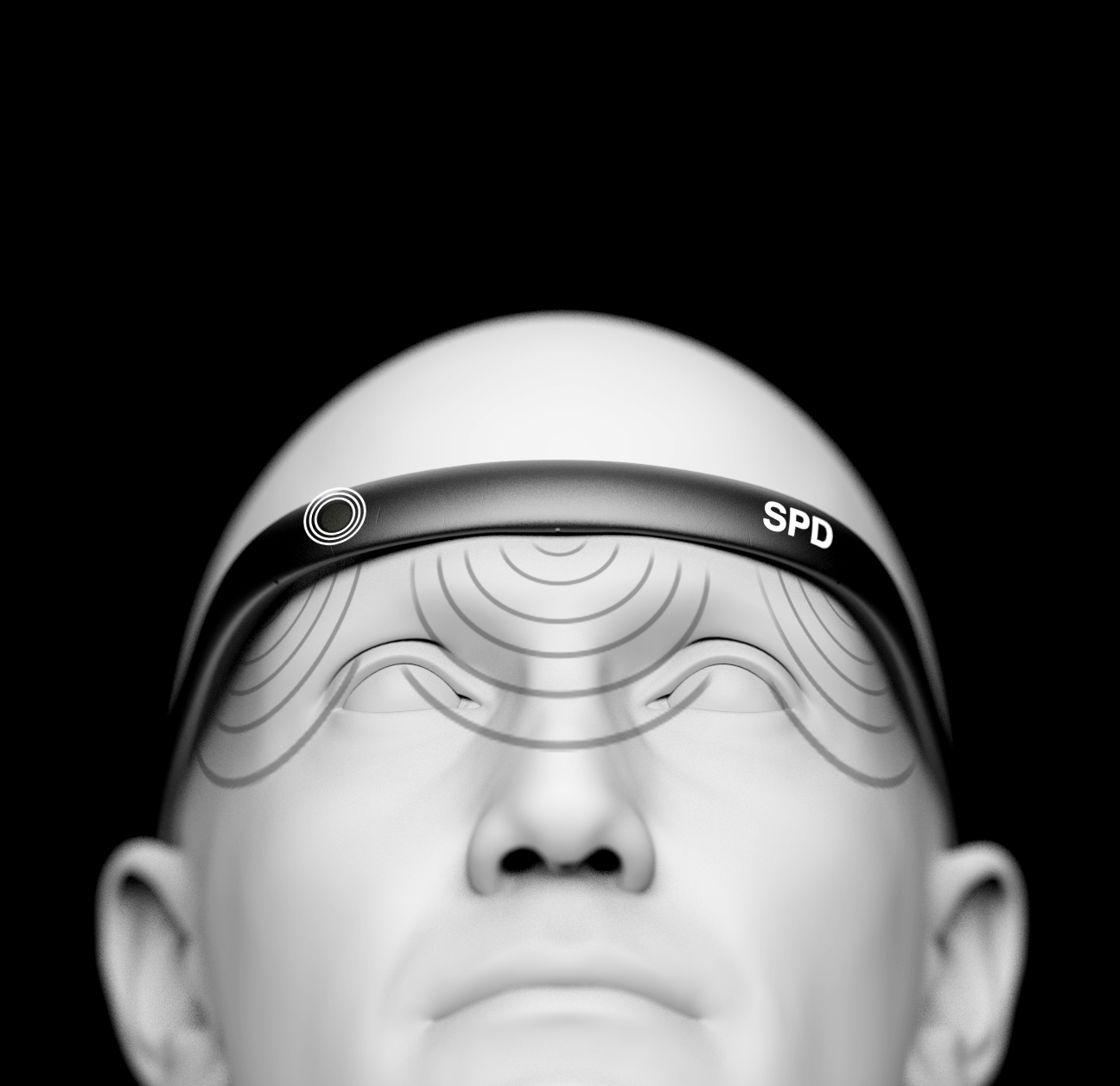
R+
First iteration
Headbands seemed promising after a thorough ideation process because they were hands-free, didn't interrupt the user, and were in a prime communication location. A simple model and renders helped the user understand the concept during testing.
Users found the headband design Too overcrowded, messed with hairstyles, and applied too much pressure on the forehead.
The Head Band design was a Bust - But the Neck band design was a Hit!
Refining and Testing the Neck Band Design through multiple foam and 3D printed prototypes
Developing the unique form through constant iteration, where the slight dip in the front of the design gives better grip with less pressure
Understanding the internal volume to better design the R+ for being manufactured
Had an amazing group session testing out R+
Testing fit
The unique form of R+ where it softly hugs the neck of the user with its sweeping design
